Choosing the best preschool program for your little one requires lots of consideration. You want a program where your child can flourish while developing their academic and social skills. Montessori schools are a popular choice for early childhood education and with good reason! As a former Montessori teacher and mother of three, I believe in the value of a Montessori program.
How can you select the best Montessori preschool for your child? Discover what a Montessori education includes and what to look for in the preschools near you. With this information, you can confidently send your little one to the best preschool for their needs.
What Is Montessori?
Dr. Maria Montessori developed the Montessori method in the early 1900s. The Italian physician worked as one of the country's first female doctors before she started working with children. Soon, she created a revolutionary way of teaching young children that changed the world.
Montessori differs from traditional education in several important ways. Focusing on children, Montessori programs put children at the center of education. Plus, Montessori preschools offer a holistic education. From life skills to lessons on social emotional awareness, academics, and more, Montessori preschools prepare children for life.
7 Features to Look for in Montessori Preschool Programs
As a former Montessori teacher and mothers, I've observed a various Montessori preschool programs. Here are my insights that can help you choose an authentic, high-quality preschool center:
1. Montessori Certifications and Accreditation
When looking at Montessori preschools, it's important to ensure it follows the method faithfully. One way to ensure this is by looking at accreditation.
Anyone is free to use the word "Montessori." This is a double-edged sword, as both authentic and inauthentic schools can claim to use the Montessori method. Some groups that provide accreditation include the American Montessori Society and American Montessori Internationale.
Other reputable organizations such as the North American Montessori Center (NAMC) provide Montessori teacher training. At minimum, teachers should hold certifications in Montessori teaching.
Accreditation aside, you can also look into the other features to help assess programs.

2. Montessori Classroom Environment
When looking into Montessori preschools, request a tour of the center. That way, you can see what the classrooms look like and if they align with Montessori principles.
A true Montessori classroom offers many, engaging hands on materials. Shelves line the classroom, offering activities related to math, language, science, and more. Plus, children get the chance to work on practical life skills such as spooning beans, pouring water, and tying shoes.
Children may work on a carpet on the floor or at a table. Montessori classrooms are beautiful spaces with thoughtful artwork. You won't see many posters in Montessori classrooms, as this distracts children from the materials.
3. The Montessori Work Cycle
Another important question to ask is whether the Montessori preschool offers a work cycle. Traditionally, a work cycle is 3 hours. However, some preschools may pare that down to one or two hours depending on other activities. The important part is that children enjoy a long period of "work time" during which they are free to pick activities.
In a quality Montessori program, children are at the center. They can choose activities based on their interests and abilities. The teacher guides children to try a variety of activities and helps them overcome challenges.
4. Age Groups in the Classrooms
Most preschool programs sort children by age. However, Montessori classrooms usually group children in wider age groups. For instance, the preschool and kindergarten classroom includes 3 to 6-year olds. Why? It promotes social and academic learning.
Older students learn to be leaders. Plus, they develop empathy for their younger classmates. In addition, the older students often motivate younger students. Little ones might watch the older ones learn to read, and become interested in letters.
Younger students learn from their older peers. Plus, they can see leadership modeled for them.
5. Experienced Montessori Teachers
A great Montessori preschool will also feature experienced Montessori teachers. Ask to see the teacher profiles and meet as many teachers as you can. A great Montessori teacher will be warm, inviting, and love their job. Additionally, they'll be well-versed in child development, the Montessori method, and the materials.
In some cases, you might be able to request to observe class in session. That way, you can see how the teacher interacts with children and what the learning environment is like.
6. Positive Testimonials and Reviews
As with any product or service today, it's important to check reviews and testimonials. Check the Montessori preschools you're considering to see what parents have to say. Positive reviews can go a long way toward giving you peace of mind you've chosen a great school.
If there are a few negative reviews, consider if and how the school responded. That can also show you want you can expect if you run into trouble at the preschool center. Respectful, professional communication is a great sign.
7. Happy Children
Montessori herself once said, "One test of the correctness of educational procedure is the happiness of the child.” In other words, a Montessori school with a great classroom and quality teachers features happy children who enjoy learning.
Learning is a beautiful, exciting activity, and in the right environment, all children enjoy it. You can tell whether children are happy in the school through reviews or by observing the classroom.
Best Age to Start Preschool

How do you know that your child is ready for preschool? The decision is different for every family. However, certain signs and milestones can help you determine whether your child is ready for preschool. Some considerations include:
Is your child potty trained?
Will the preschool require that your child is potty trained? If your child doesn't use the toilet independently, this is an important question.
Does your child stay with another caregiver happily?
While some separation anxiety and upset is normal when starting preschool, it's worthwhile to consider how your child may handle the transition. If possible, you can practice having your child stay with a babysitter to see how they might respond.
Your child wants to start school
Even two and three year olds may show interest in going to school. If your child is enthusiastic, that's a good sign they're ready for preschool.
Many Montessori preschools offer half day programs. That means your young child can enjoy school without skipping nap time or lunch at home.
The Bottom Line on Choosing a Montessori Preschool
Choosing a Montessori preschool is ultimately a personal choice. As a parent, you'll have to decide which program is the best fit for your child.
Are you planning on sending your child to a Montessori preschool? Let us know about your decision below.
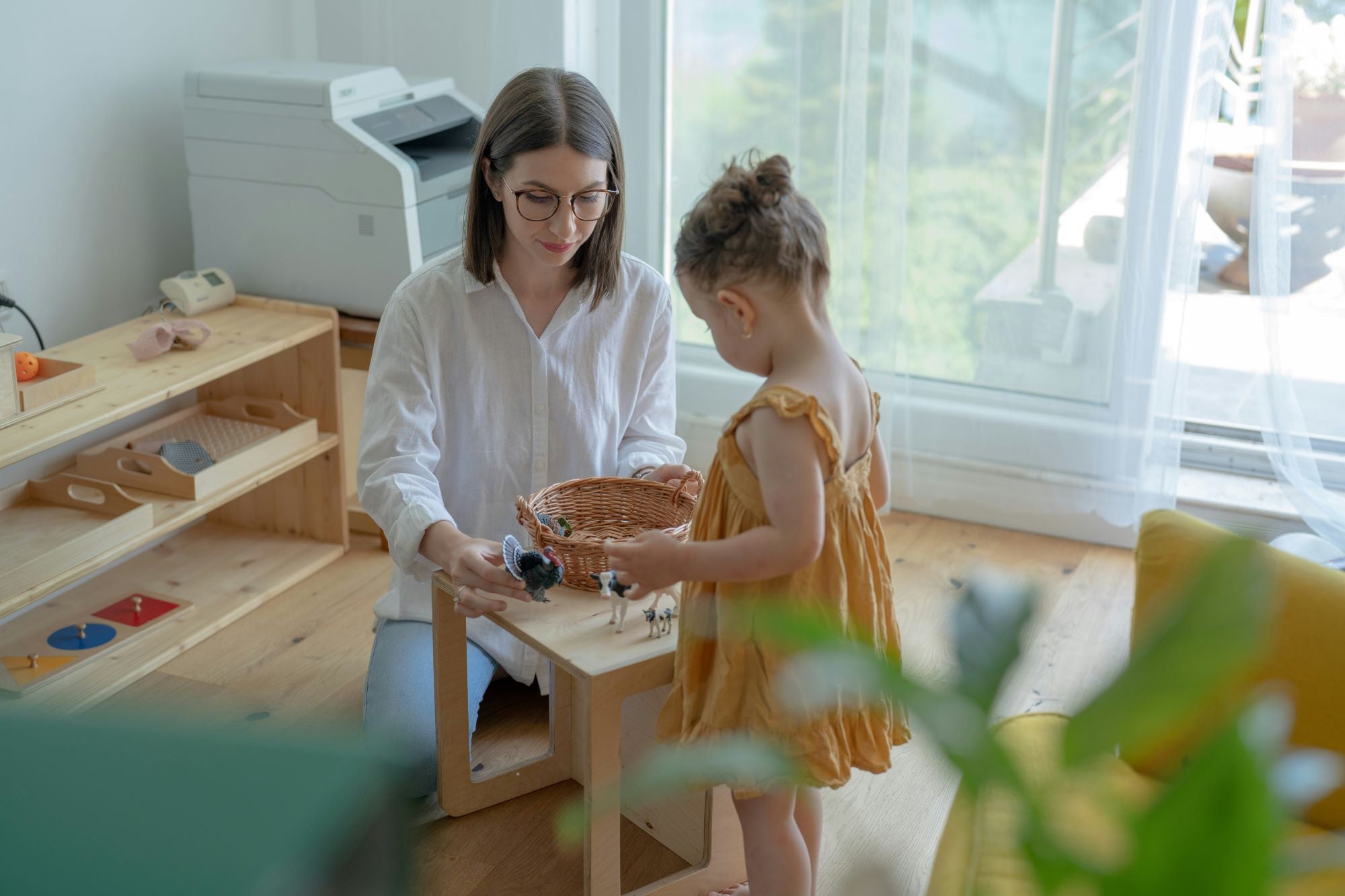

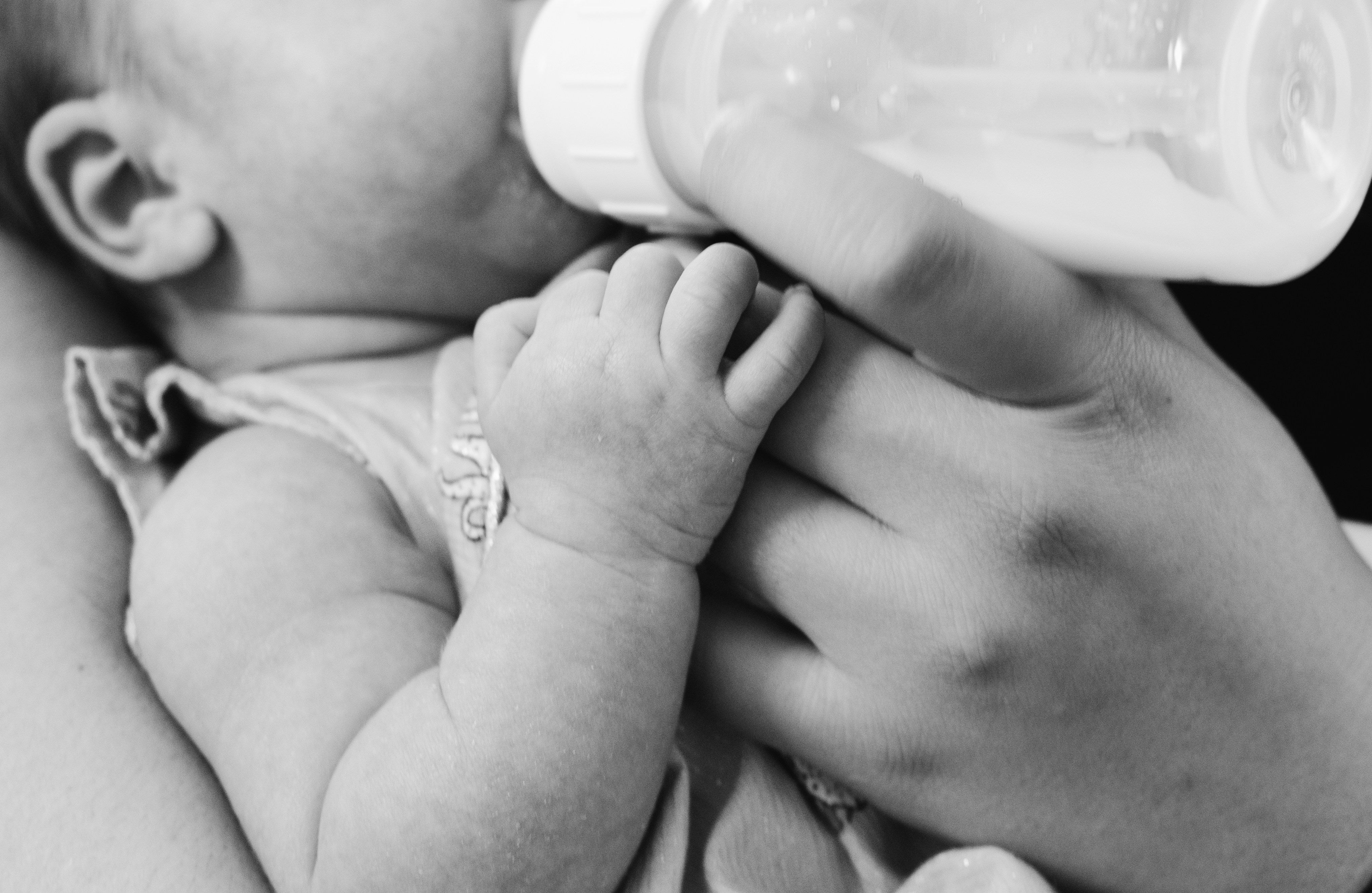
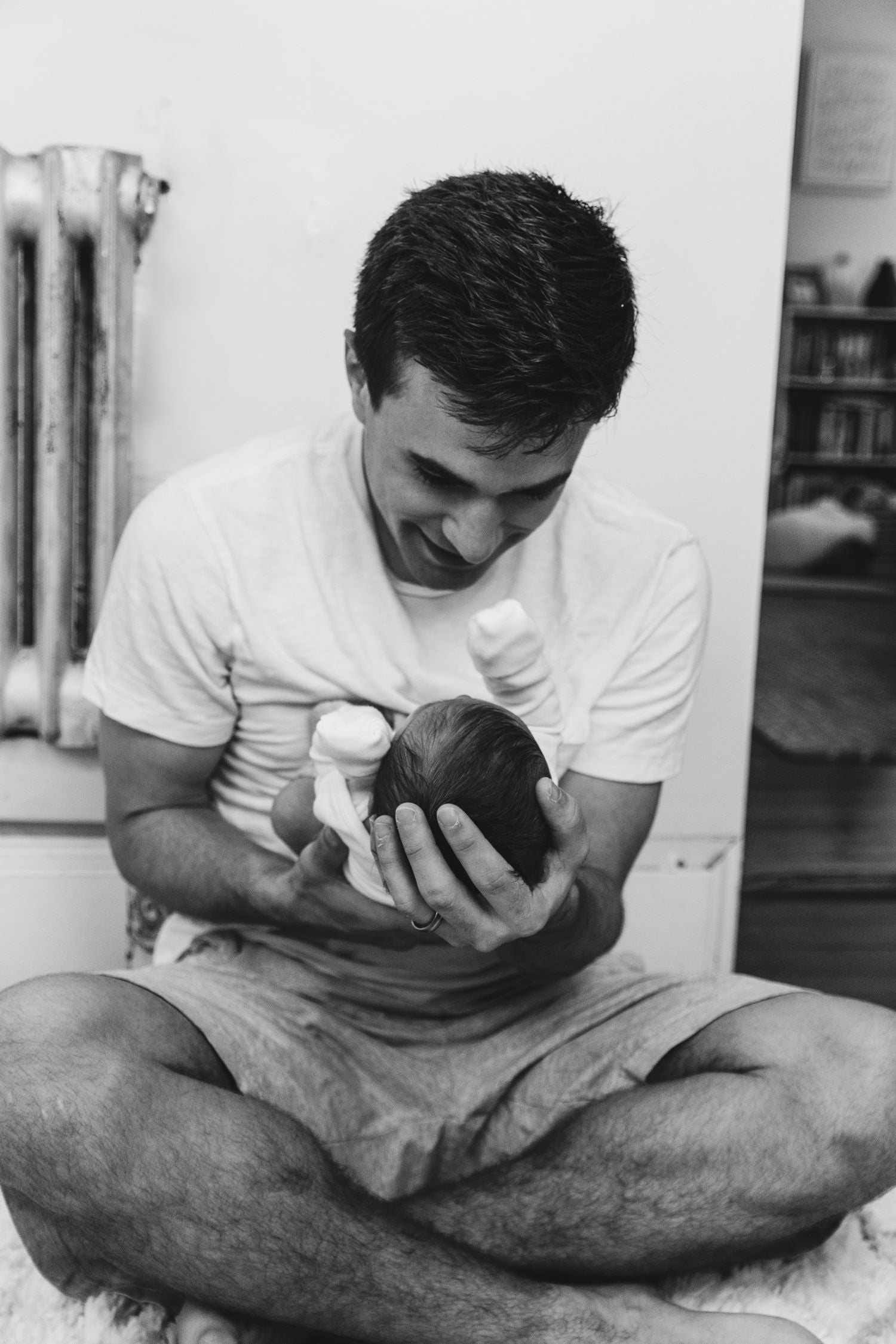
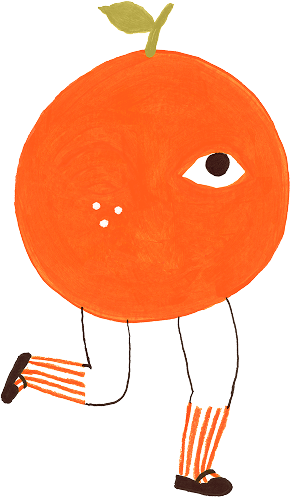
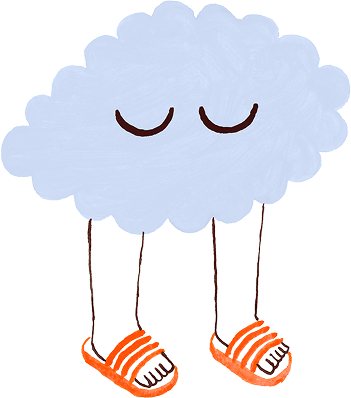
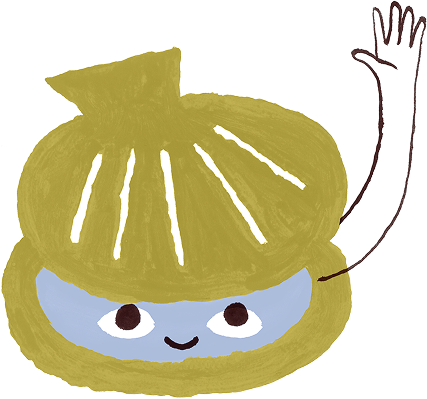
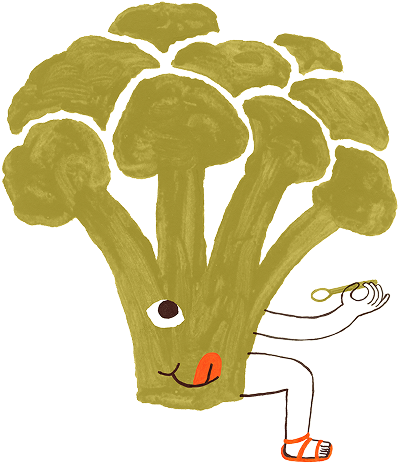
Leave a comment
This site is protected by hCaptcha and the hCaptcha Privacy Policy and Terms of Service apply.